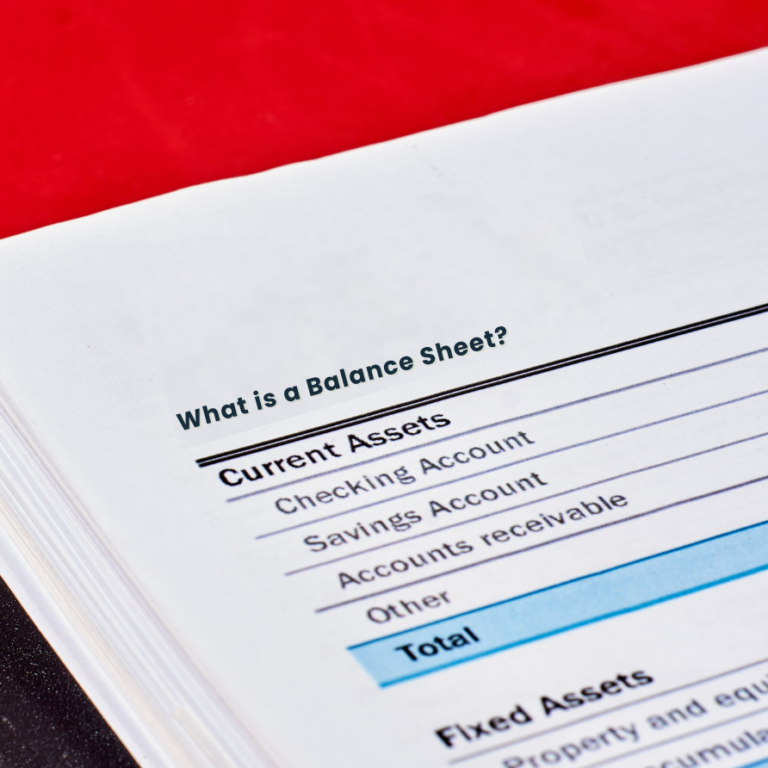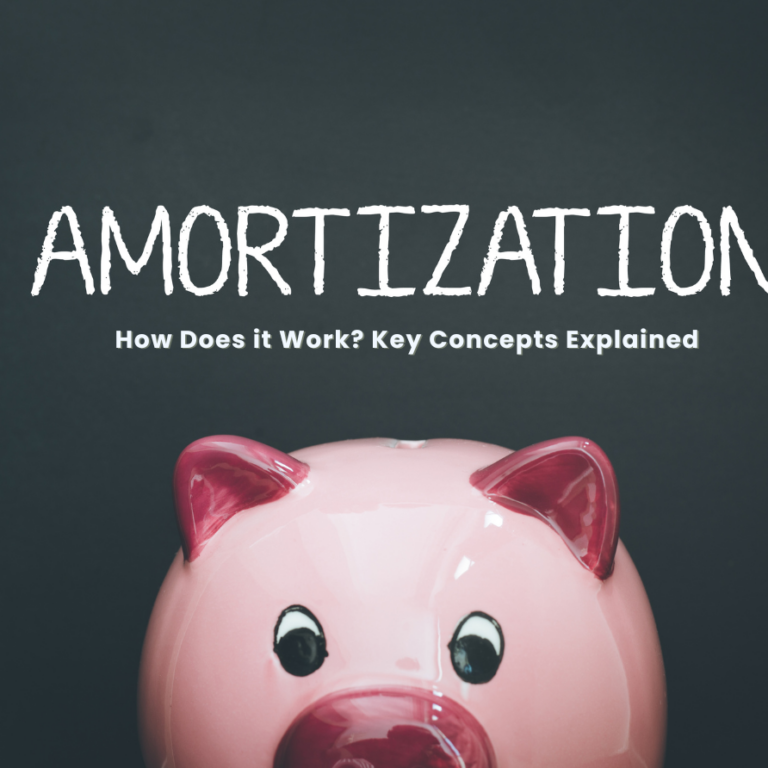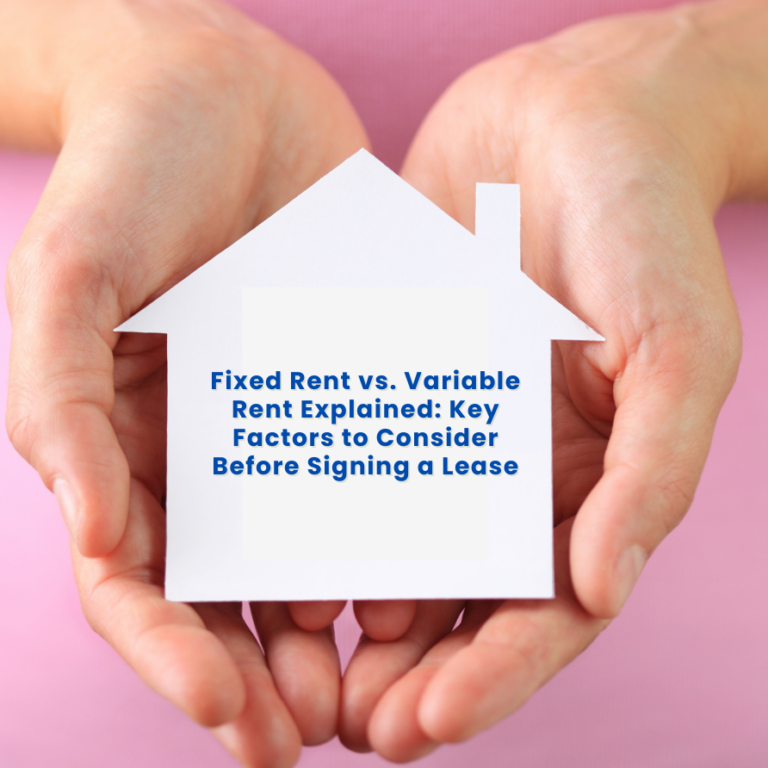What is Estate Planning: Why You Shouldn’t Wait!
Introduction to Estate Planning What is Estate Planning? Estate planning is a proactive approach to organizing your financial affairs and ensuring a smooth transition of your assets to your loved ones. It involves creating a comprehensive plan that addresses various legal, financial, and personal considerations. This plan typically includes a will, trusts, powers of attorney,…









